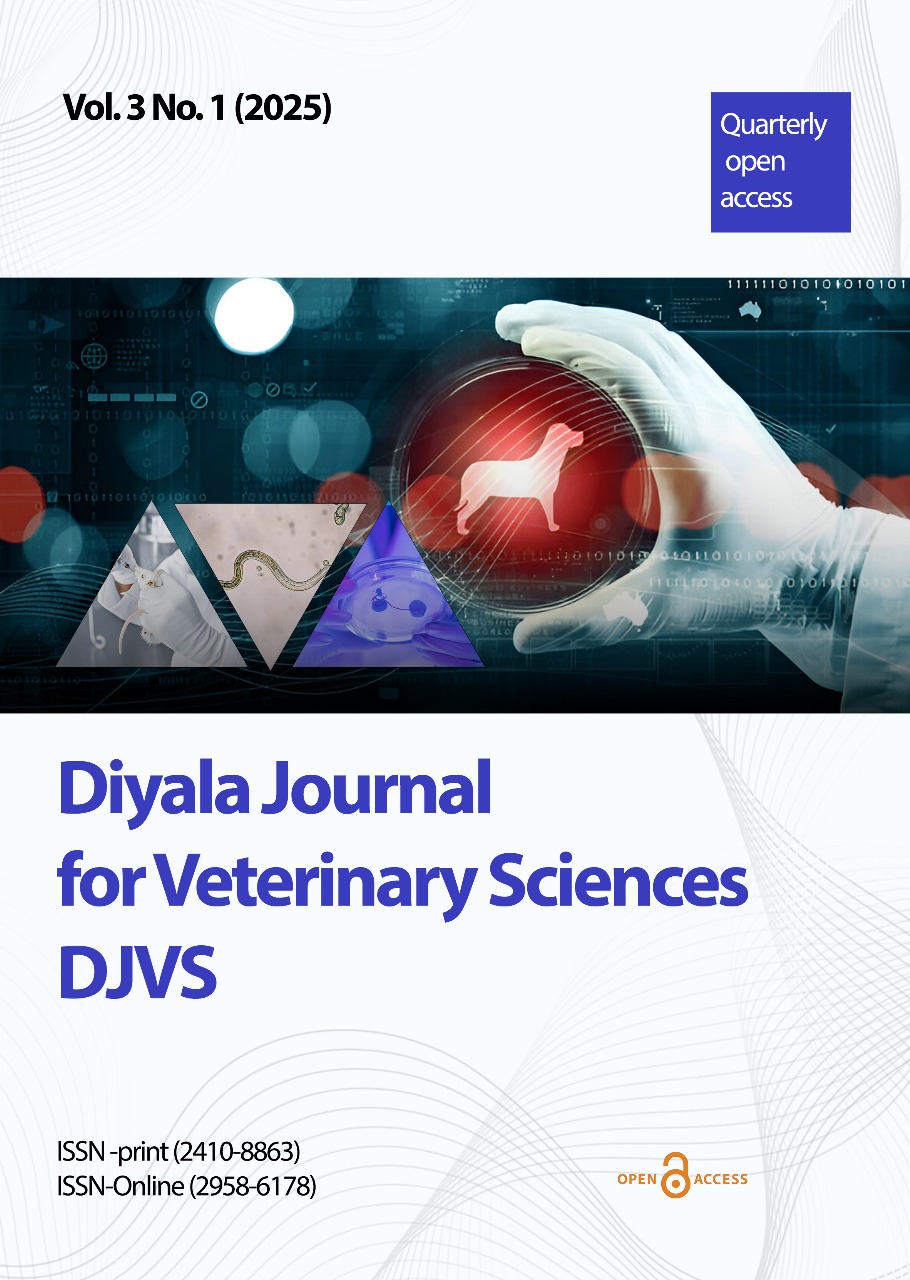Abstract
Background:The management of inflammatory conditions like gout arthritis often involves acetaminophen for pain relief, though its anti-inflammatory efficacy is limited. Agmatine sulfate has been shown to potentially enhance the anti-inflammatory properties of acetaminophen, offering a promising approach to improving treatment outcomes for gout patients. Forty male wister albino rats, were used in this study and divided into five groups (n= 8 rats/group) and orally administered with the followings: Group 1 received 1000mg/kg of agmatine sulphate; Group 2 received 1000mg/kg of acetaminophen; Group 3 animals were co-administered with 900mg/kg of acetaminophen and 100mg/kg of agmatine sulphate, respectively; Group 4 rats were co-administered with 077mg/kg of acetaminophen and 300mg/kg of agmatine sulphate, respectively. Group 5 is co-administered with acetaminophen (500mg/kg) and agmatine sulphate (500mg/kg), respectively. Aims:The present study was conducted to investigate the anti-inflammatory effect of acetaminophen (using various doses of acetaminophen-agmatine sulphate combination) against gouty arthritis induced by monosodium urate crystals in male rats. Results: This study found that all gouty arthritis treated groups had significantly low levels (P<0.05) of white blood cells and visual weight-bearing test. Haemoglobin and red blood cell counts in groups 4 and group 5 demonstrated high significant values (P<0.05). Joint stiffness in groups 1 and group 5 were significantly decreased (P<0.05). Conversely, mobility test exhibited the high significant score (P<0.05) in all groups. Erythrocyte sedimentation rate exhibited a substantial decrease (P<0.05) in groups 4 and group 5. Conclusions:Overall, this study indicated that agmatine enhances the therapeutic profile of acetaminophen as mild anti-inflammatory agent when given as combination
Keywords
Agmatine sulphate
anti-inflammatory
gout arthritis
